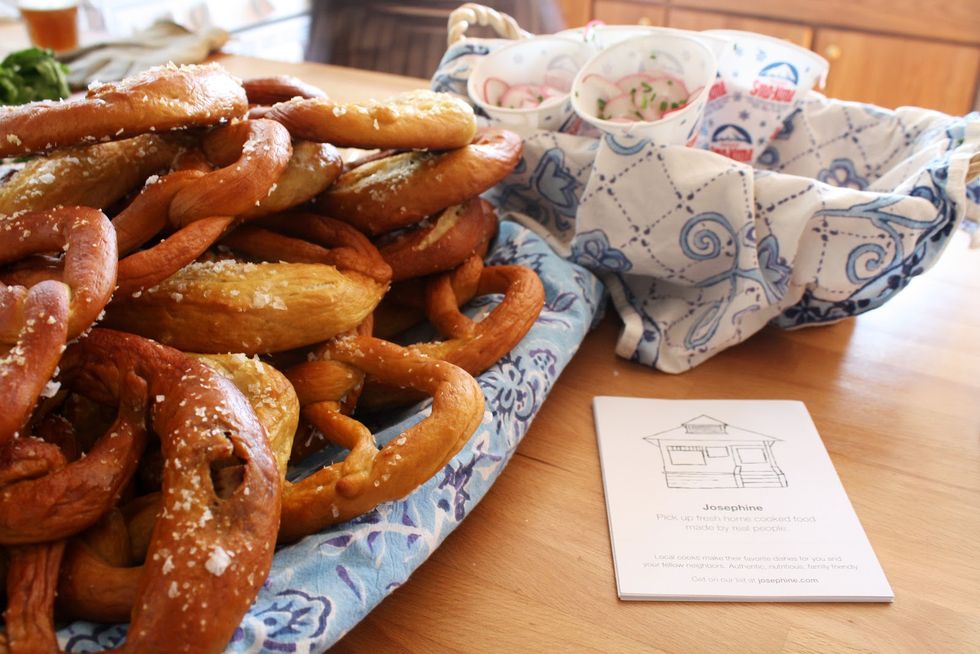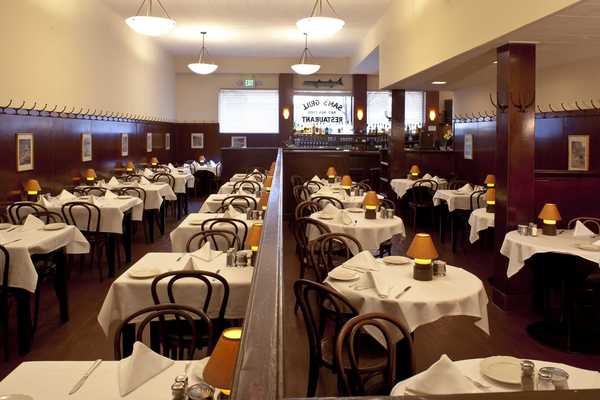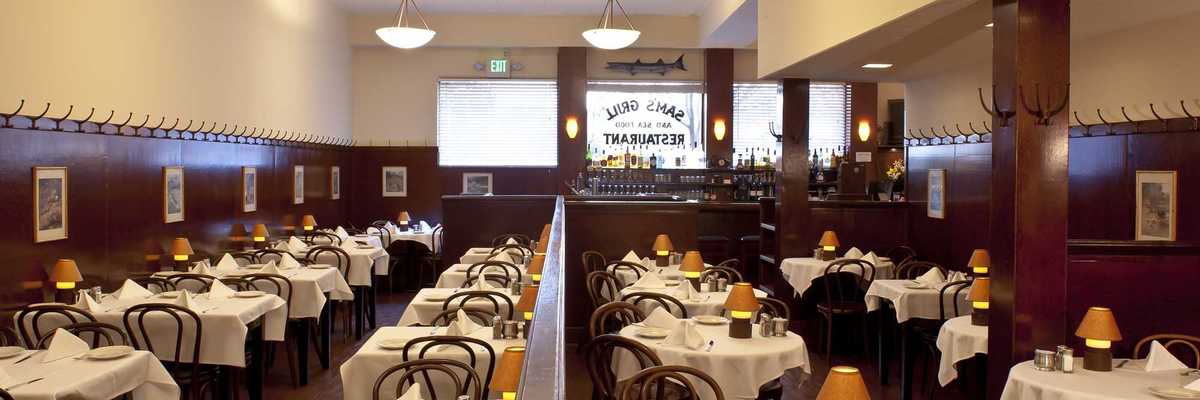On a grey afternoon in Oakland, I'm headed toward Stanford Avenue in Emeryville to pick up a dinner I had ordered online. Rather than using Caviar or Munchery, or one of the many on-demand meal service apps meant to have your dinner ordered, delivered, and eaten within an hour, I opted for a home-cooked meal (Cá Kho Tộ, a traditional Southern Vietnamese dish, to be exact) that must literally be picked up from someone else's home.
The meal comes courtesy of Josephine, a new Oakland-based online marketplace that lets you peruse dishes made by home cooks in your neighborhood and then order a hot meal. Launched last year by co-founders Charley Wang and Tal Safran with the mission to equip and empower local home cooks with a passion for food and a desire to market their skills, Josephine doesn't attempt to feed people more quickly, conveniently or cheaply. It serves less conventional chefs and their neighbors who want to try authentic cuisine, the way your grandma used to make it.
When I arrive at apartment C to pick up my dinner, a silver-haired gentleman in jeans and a t-shirt offers me a seat on the couch while another man in glasses scurries about the kitchen, scooping rice into boxes and ladling soup into paper containers. According to Hai Lam, the man scooping rice, the Cá Kho Tộ always received rave reviews at his small family restaurant in Saigon.
Lam is an expert chef who has been cooking for most of his life, but when he immigrated from Vietnam three years ago, it was hard to break into the lofty world of Bay Area restaurants, let alone save up enough money for his own brick-and-mortar. Lam worked in a restaurant in San Francisco and then as a line cook in Mendocino, but the long hours and even longer commute took a toll. His partner, Joe Acanfora, was networking through nextdoor.com when he came across Josephine. Now Lam works from home, the master of his own kitchen.
“It's a whole different kind of cooking," says Lam. “People walk in and look in the pot and smell my food. They love it."
(Authentic Louisiana smothered chicken with peas, pearl onions, and a biscuit is just one of the many dinner options you'll find on Josephine; photo by Sika Gasinu)
In addition to curating an audience for their homemade meals, Josephine provides the chefs with tools and training, from computer software to safety and business classes, as well as a robust community of fellow cooks to lean on.
“All of these cooks are able to support each other and share resources, and also take solace in the fact that they are a large wealth of culture, nourishment and value in their communities," says Wang.
While Josephine does feature meals from old pros like Lam, many of the cooks are not your typical food industry professionals. The online marketplace empowers stay-at-home parents, recent immigrants, and people of color—many of whom have been unable to break into the commercialized food industry—to fire up their stoves and start earning a living.
(Uli makes his Brat Pretzels exactly the same way hir parents did in Germany; photo by Sika Gasinu)
Lisette Silva joined Josephine following a 20-year stint working in a corporate office. “I was really burnt out," she explains, and decided to pursue her passion for food at a local cooking school—which is where she learned about Josephine.
“I have no experience owning a restaurant," she said. “I'm just a really good cook."
Within a couple of months, Josephine employees visited Silva for a home inspection and a taste test, followed by on-boarding and certification. While Silva is quick to point out that home cooking isn't something she could do full time and that most of Josephine's cooks are working multiple gigs, the cooking she does from her home is the cooking she does from her heart.
“It's extremely personal cooking the meals my grandmother taught me," said Silva, who is a first-generation American with Cuban and Ecuadorian parents. Silva consistently serves customers who are drawn to dishes they can't find anywhere else.
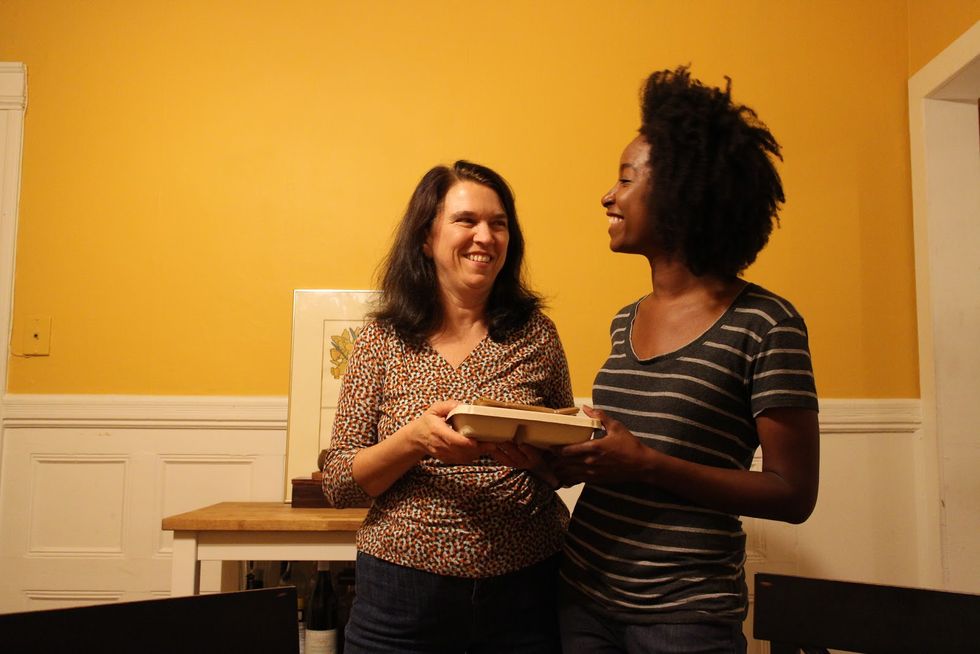
Community involvement is also critical to the company. Prior to last month's launch in West Oakland, Josephine connected with Bottoms Up Community Garden, where Seneca Scott and Jason Byrne were already hosting community dinners on a regular basis. “Once we built a relationship with Bottoms Up, they were more comfortable introducing us to cooks in their neighborhood," said Wang.
Josephine also works with other local partners such as Willard Middle School, where they support a Growing Leaders program that teaches agricultural, cooking and business skills to students.
Josephine is also backed by renowned food journalist and board member Mark Bittman (former New York Times columnist and chief innovator at The Purple Carrot). Wang reached out to Bittman during Bittman's 2015 residency at UC Berkeley. The two met monthly to discuss common goals for the food industry and as their relationship progressed, Josephine became an obvious candidate as one of Bittman's future side projects.
“I'd like to think I had a little influence on his comfort entering into tech," said Wang. “We check in on each other as entrepreneurs and do a lot of one-on-ones." 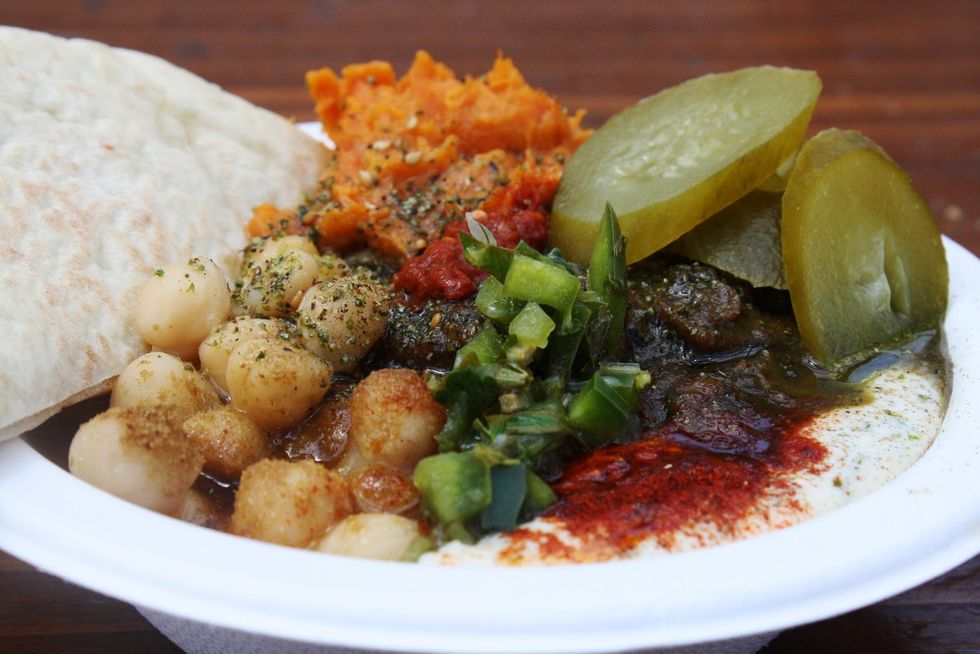
A final strand of Josephine's mission is new legislation that would empower other home cooks and also cover the company legally. Though the Homemade Food Act (AB 1616, also called the Cottage Food Act), passed in 2012, allows home cooks who meet certain criteria to sell bread, pastries and other “low risk" items from their homes, the sale of food cooked in personal kitchens is technically still illegal in California.
Josephine is proposing an amendment to the Homemade Food Act. The new bill (AB 2593), which was introduced by California State Assemblymember Cheryl Brown in late February, would legalize the sale of homemade food, including hot meals, within certain limits, and make it substantially easier for citizens to operate small-scale food enterprises and legally sell homemade meals. Wang and Safran drafted the bill themselves following a legal café hosted by Sustainable Economies Law Center (SELC), the group that backed the original Homemade Food Act in 2012.
“It would reduce the barrier to the food industry for a lot of the people that we work with," said Wang, who launched a petition to sponsor the extension late last month. He hopes to see it pass by the beginning of 2017. In the meantime, Josephine is partnering with SELC to host a series of town hall discussions, the first of which was held in Oakland Wednesday, April 20.
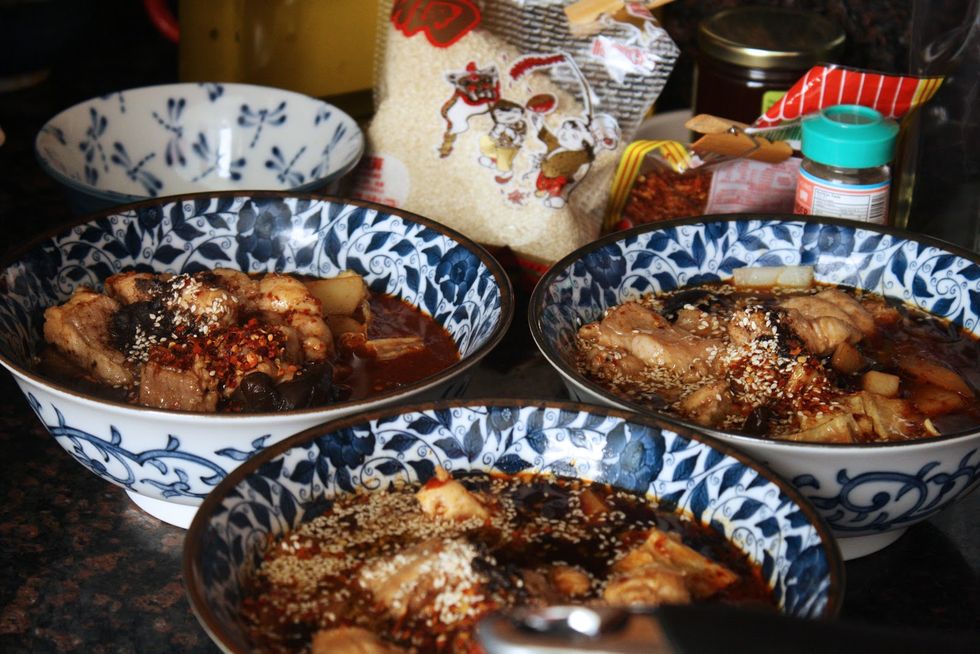
“I love to introduce Vietnamese food to my neighbors," Lam tells me as he places a container of fish filets into a brown paper sack. He loves having customers come into his home and explains that the positive response of his guests has motivated him to improve his technique and cook more challenging dishes.
“We become regular close friends," Lam says of his returning customers. “And I love to cook for my friends."





